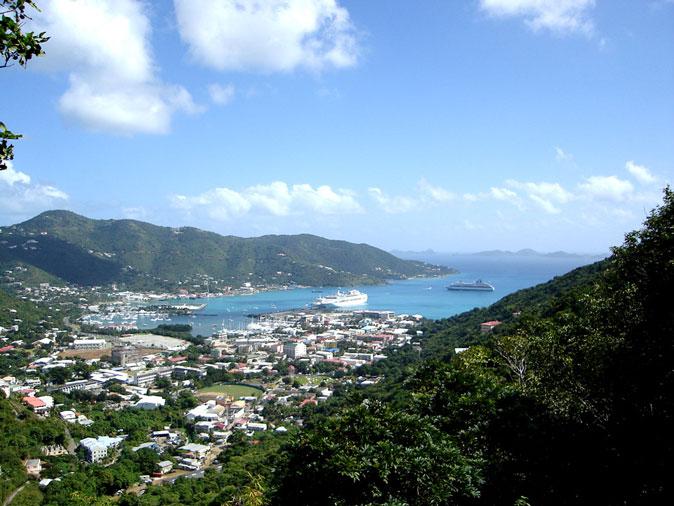The International Consortium of Investigative Journalists (ICIJ) and its affiliates on Oct. 3 began publishing stories about the Pandora Papers—a trove of 2.94 terabytes of data made up of about 11.9 million records, reportedly exposing the finances of the world’s wealthy elite.
The Pandora Papers follow the ICIJ’s 2016 Panama Papers and 2017 Paradise Papers investigations. The earlier reports were largely based on leaked data from single firms—the Panamanian law firm Mossack Fonseca in the first instance and the offshore service provider Appleby in the second case.




